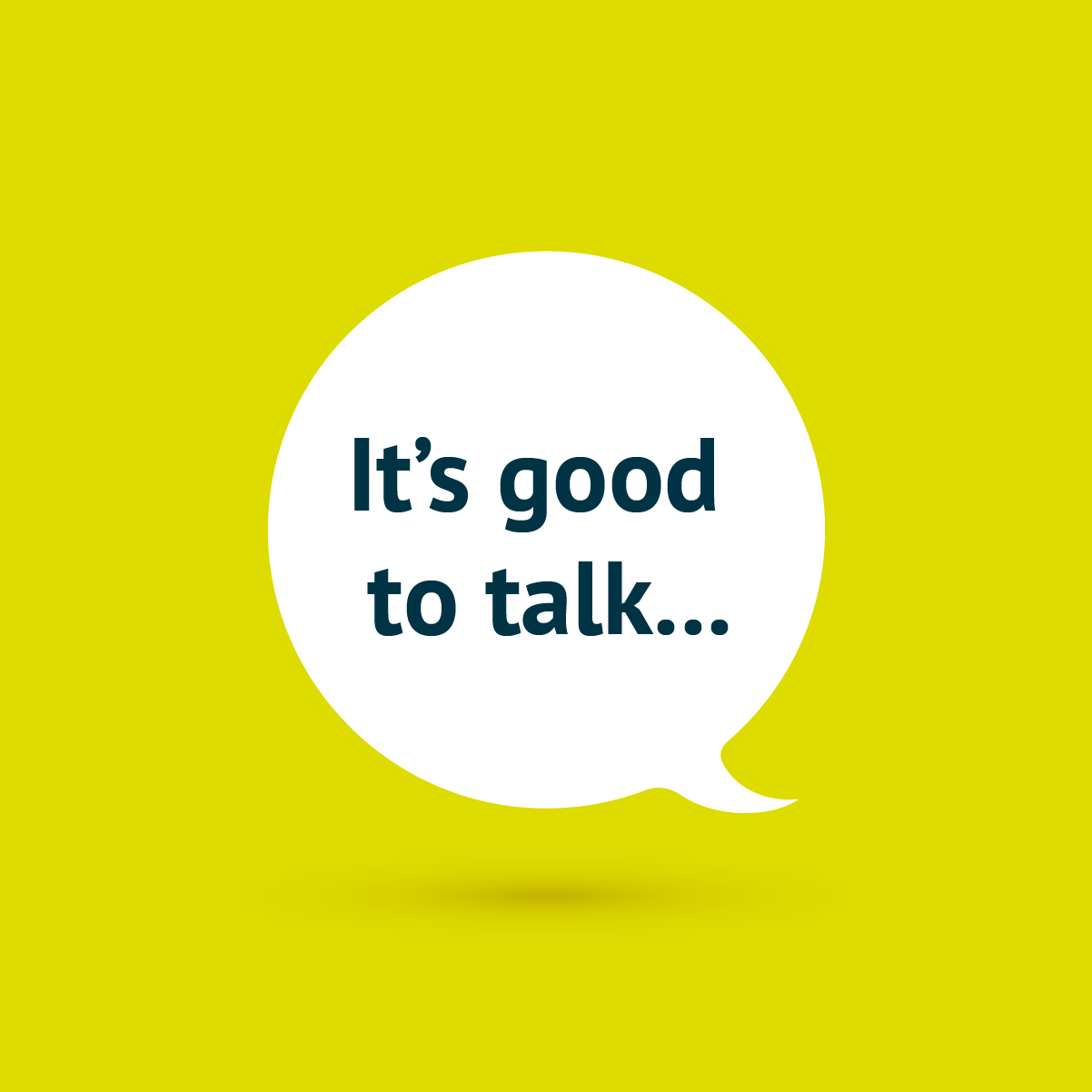Awareness of mental health issues and the impact they can have on so many people’s lives, is increasing. However, we’re still some way off from those struggling being able to ask for help as soon as they need it.
This increase in awareness is starting to break down the barriers and the stigma that has been associated with struggling with a mental health issue. Whether it’s stress, anxiety, or something else, there’s no shame in it and to encourage that fact being more commonplace, we need to feel comfortable talking about our mental health.
It can be very hard to know if someone needs help because all too often, they hide their true feelings away from everyone. So, to keep the conversations flowing, we’ve been opening up to each other in the Hawk offices and have come up with some ideas which we personally think will help us, or the people we care about. We’re no psychologists, or mental health experts, but we all have different life experiences and we wanted to share.
If any of these things ring true with you, know that you are in good company. They’ve happened to more people than you think.
Early signs
It’s far too easy to say to yourself, “I will just finish this task, or project, or just get past these busy few months, then I can step back a bit”. Unfortunately, that rarely works. Something else will keep coming up.
With mental health, the longer it goes on for, the longer it takes to get back to a good place. Take that step back sooner rather than later.
Comparison is the thief of joy
Everyone does this in one way or another, especially with social media so ingrained in our lives. Sometimes seeing what others are doing can be healthy, and motivating, but when it starts affecting you negatively, this is when you need to address the way you’re thinking.
There are so many different aspects to our lives. Family, friends, a relationship, a career, hobbies and personal goals for example. You could be comparing something that is not high on your agenda with what is at the top of their agenda.
What we’re saying is, don’t compare yourself to others, compare to yourself 5 years ago or 2 years ago and praise yourself for how far you’ve come and how you’ve progressed and grown.
Guilt
We’ve all been in a place where we’ve felt guilty for getting something wrong or not finishing something on time. However, a problem should never be solely yours. There should always be someone to share your problem and to find a resolution with.
If something is playing on your mind, try writing it down, try talking to someone inside or outside of work, just don’t hold onto it on your own.
Criticism
Unconstructive comments made about your work can stick with you for weeks, months or even years, while the person making them has probably completely forgotten what they said to you. Not everyone has the experience or training to deal with people and problems and they can make situations worse by not addressing an issue properly.
One thing that we believe and stand by, is that you shouldn’t take criticism from someone you’d never go to for advice. If someone has made you feel worse about a situation than you already did yourself, this is on them, being ill equipped to support you.
Care for yourself as you care for others
A way of putting things into perspective is to think of a close friend going through the same thing as you are, and to consider what advice you would give to them. You’re most likely to say to them, something like, “It’s just a job. There are more important things in life. You’re doing your best. You’re taking on too much. You need to find a balance”, and the list goes on. Your own advice is the best advice for you too.
Do something different
You don’t know until you try. We’ve found help through online resources, apps like Headspace and Smiling Mind, as well as offline experiences. Emma recently visited an off-grid cabin and full digital detox for the week with Unplugged.
If you want to know more about any of these ideas, please don’t hesitate to ask. It’s good to talk!
